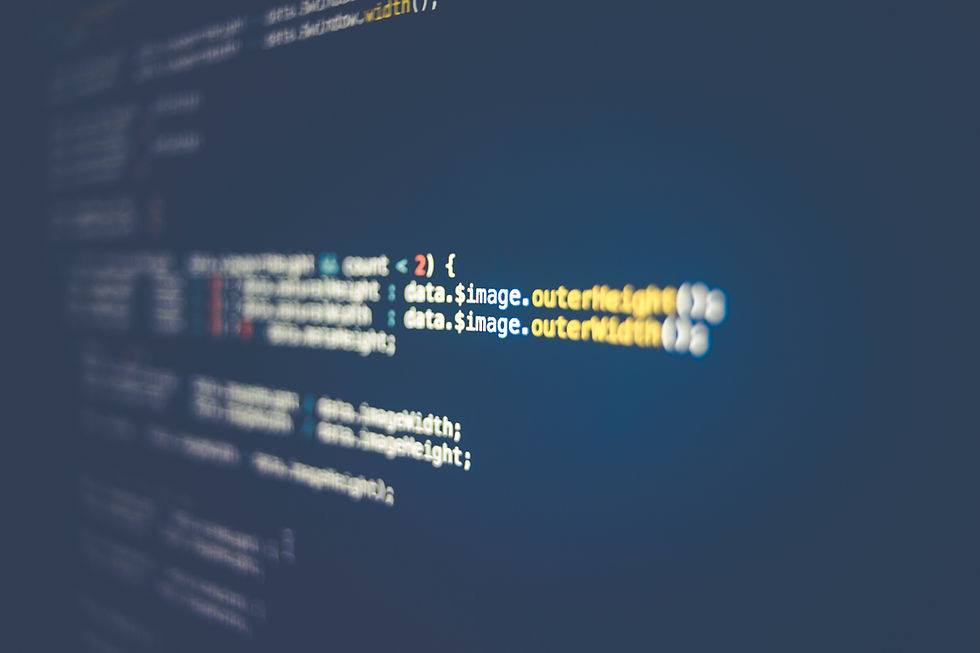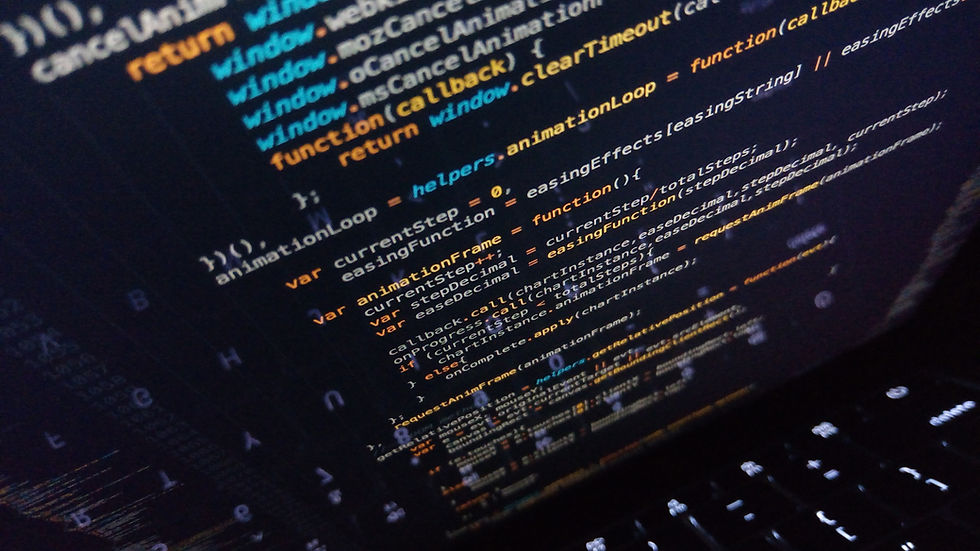Clean Code - Part 3
- GPr Sistemas

- Apr 18, 2024
- 2 min read

As we've seen in the previous articles, maintaining your code clean and readable is essential for productivity and collaboration in software development projects. Not only does it make it easier to understand your own code over time, it also makes it easier for other developers to understand and contribute to the project.
In this new article, we'll explore some more good practices for keeping your code clean and organized, aiming to improve the quality and efficiency of software development.
1) Clear and concise comments
Comments are important tools for explaining parts of the code that may not be immediately obvious. However, poorly written comments can do more harm than good. Make sure your comments are clear, concise, and add value to understanding the code. Avoid comments that need to be explained, as this can indicate poorly structured code.
2) Informative variable names
Choose variable names that clearly describe their purpose and meaning within the context of the code. Avoid using generic names or abbreviations that don't add useful information. Informative variable names make the code more readable and understandable for other developers, making it easier to maintain and understand the code in the future.
3) Elimination of commented-out code
Commented-out code snippets can cause confusion and visual clutter in the code. With the use of version control systems like Git, there's no need to keep commented-out code for future reference. Remove commented-out code snippets and rely on version control to retrieve previous versions if needed. This keeps the code clean, organized, and easier to understand.
4) Limiting indentation
Avoid excessively nesting code blocks, keeping the maximum indentation level to two levels. Overly indented code, also known as "Hadouken" code, can become hard to understand and debug. Limiting indentation helps keep the code clearer, more concise, and aligned with the principles of encapsulation and modularity.
Conclusion
Keeping your code clean and organized is not just a matter of personal preference, but a fundamental practice for the efficiency and quality of software development. By following the best practices presented here, you will contribute to creating code that is more readable, understandable, and easier to maintain over time. Investing time and effort in writing clean code is essential to ensure the scalability and robustness of your software projects.
Author - Daniel Pardinho - Software Developer



If you’re looking for non-stop betting action, start with Daman Games Login. It opens up endless opportunities with Tiranga Games and the much-loved Tiranga Game. BDG Game App is sleek and bug-free, while Windaddy APK guarantees high-speed gameplay. I never face issues with Tashan Win Login. Plus, Jhong Gaming APK and Choox Sega App bring innovation to casual gaming. All these apps have something unique to offer, making them the best in their class. Daman Games Login || Tiranga Games || Tiranga Game || BDG Game App || Windaddy APK || Tashan Win Login || Jhong Gaming APK || Choox Sega App ||